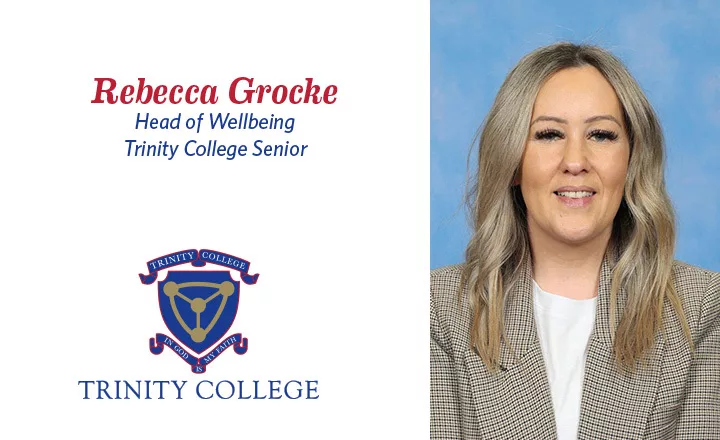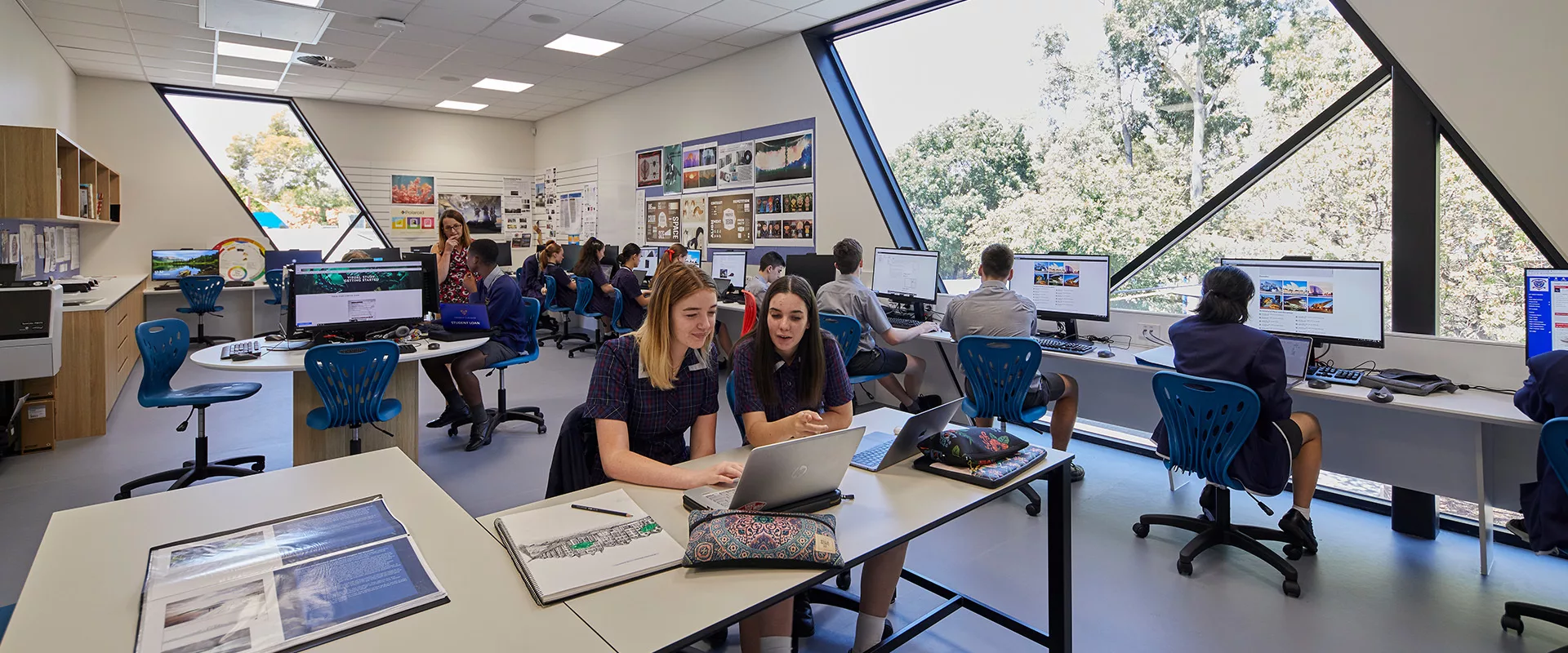Certificate in Future Oriented Learning

How Could the Link Between Student Efficacy and Feedback Learning be Measured In A Literacy Context Within Senior School English?
The ways in which student outcomes are determined by the method or means in which assessment feedback is provided is the basis of this research. This project aimed to examine the interrelationship between student learning and feedback within a Senior School context (Stage 1 and 2 SACE) within the curriculum area of English, and develop a method of delivering feedback to students that would develop a greater level of student self-efficacy.
The research will seek to determine whether the way in which feedback is delivered to students will increase student efficacy and aide in them becoming more self-regulated learners. The key areas that this research will be based upon include:
- The structure and timeliness of feedback.
- The way in which feedback is formally delivered to students through the school’s Learning Management System (Schoolbox).
- Whether the process can be streamlined through automated means using rubrics.
- The potential to create student friendly research data to improve student efficacy and self-regulation of learning.
The model of feedback proposed will not only change the way that students receive feedback, but also the teaching and learning practices that take place in the lead up to an assessment task being assigned. It was hoped that this intervention would produce findings to conclude that the ways in which feedback is delivered and the quality of the feedback is vital to student learning outcomes, and hopefully provide teacher strategies that can be implemented in a literacy context by English teachers in our school context. The goal will be to conclude that the implementation of these modes of feedback will aide in improving student efficacy and raise the profile of the link between self-regulated learners and high grade achievement.


